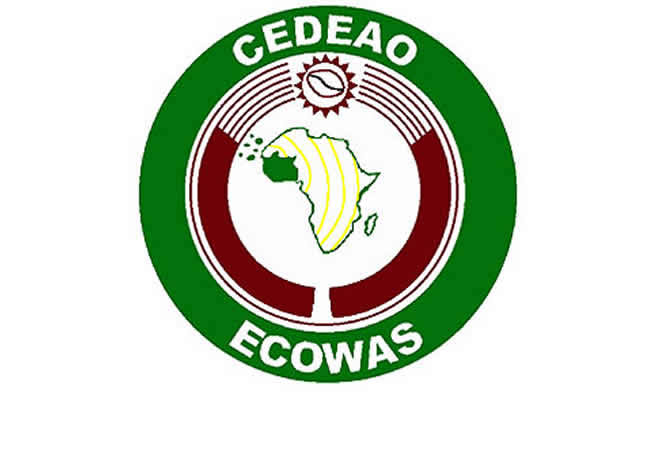The Economic Community of West African States (ECOWAS) has launched a comprehensive suite of four projects valued at €110 million to strengthen peace, security, institutional capacity, and trade across West Africa. Announced during a ceremony at the ECOWAS Commission headquarters in Abuja, Nigeria, these initiatives are designed to advance the bloc’s Vision 2050, which prioritizes a peaceful, prosperous, and citizen-centered community. Supported by international partners, including the European Union (€82.5 million), Germany (€26 million), and Spain (€984,000), the projects address critical regional challenges such as terrorism, political instability, disinformation, and economic marginalization while fostering deeper integration and cooperation.
The flagship initiative, the ECOWAS Peace, Security, and Governance project, is a collaborative effort with Spain’s Fiat Foundation, focusing on countering disinformation and political violence during electoral processes. This program aims to strengthen trust in democratic institutions by promoting dialogue between civil society, regional bodies, and national governments, ensuring transparent and credible elections. By addressing the root causes of electoral conflicts, ECOWAS seeks to create a more stable political environment, particularly in a region where democratic backsliding and coups have posed significant threats in recent years.
Another key component is the Institutional Support to ECOWAS Phase II, co-funded by the European Union and Germany’s KfW Development Bank with a combined €7.4 million. This project enhances ECOWAS’ organizational efficiency, aligning with global aid effectiveness frameworks such as the Accra Agenda for Action and the Busan Partnership for Effective Development Cooperation. It focuses on improving governance structures, streamlining operations, and building capacity to implement regional policies effectively, ensuring ECOWAS can respond to emerging challenges with agility and accountability.
Trade and economic integration form a cornerstone of these initiatives, with the Africa Trade Competitiveness and Market Access (ATCMA) Programme and support for the African Continental Free Trade Area (AfCFTA) taking center stage. The ATCMA Programme aims to boost West Africa’s competitiveness in global and continental markets by improving trade infrastructure, reducing barriers, and enhancing market access for small and medium enterprises. Similarly, the AfCFTA support project aligns with ECOWAS’ goal of fostering seamless trade and free movement, critical for economic growth in a region where intra-regional trade remains underdeveloped compared to other African blocs.
During the launch, ECOWAS Commission President Dr. Omar Alieu Touray underscored the strategic importance of these projects in achieving the bloc’s long-term objectives. He highlighted the establishment of a $300 million ECOWAS Peace Fund, designed to finance a five-year plan to combat terrorism, promote stability, and address humanitarian crises. Touray emphasized that the fund would enable proactive measures to tackle security threats, including violent extremism and cross-border conflicts, which have destabilized parts of the Sahel and coastal West Africa.
The projects also reflect ECOWAS’ commitment to maintaining regional cohesion amid recent geopolitical shifts, particularly the exit of Mali, Burkina Faso, and Niger from the bloc. Touray clarified that trade and free movement with these countries would continue under existing protocols until new agreements are negotiated, ensuring minimal disruption to regional integration efforts. This pragmatic approach underscores ECOWAS’ determination to preserve economic and social ties despite political divergences, a critical factor for sustaining the bloc’s influence.
International partners praised ECOWAS’ forward-thinking approach during the launch event. The European Union’s representative highlighted the alignment of these projects with global development goals, emphasizing their role in promoting sustainable peace and economic resilience. Germany’s contribution, channeled through KfW, was lauded for its focus on institutional reforms, while Spain’s involvement through the Fiat Foundation was recognized for its innovative approach to tackling disinformation, a growing threat in the digital age.
Looking ahead, ECOWAS plans to monitor and evaluate the impact of these projects through robust frameworks to ensure transparency and accountability. The Peace Fund, in particular, will be subject to rigorous oversight to maximize its effectiveness in addressing security challenges. Touray called on member states to remain committed to collective action, emphasizing that regional solidarity is essential for overcoming the multifaceted crises facing West Africa.




